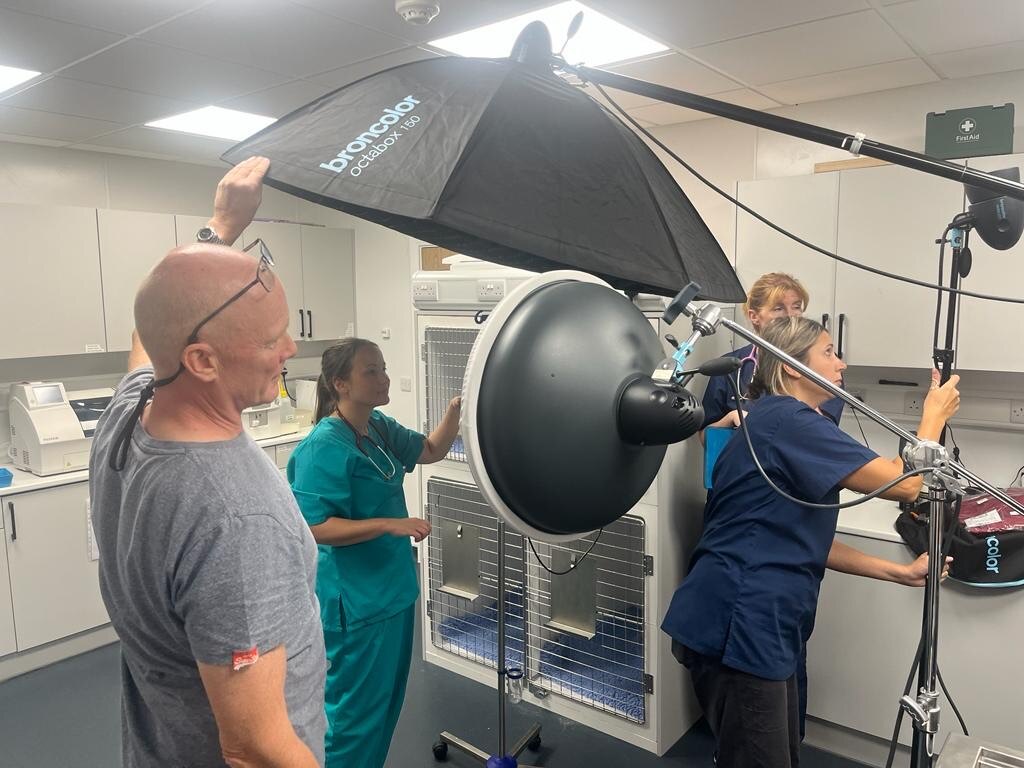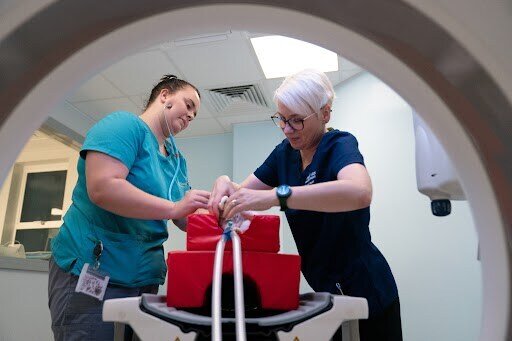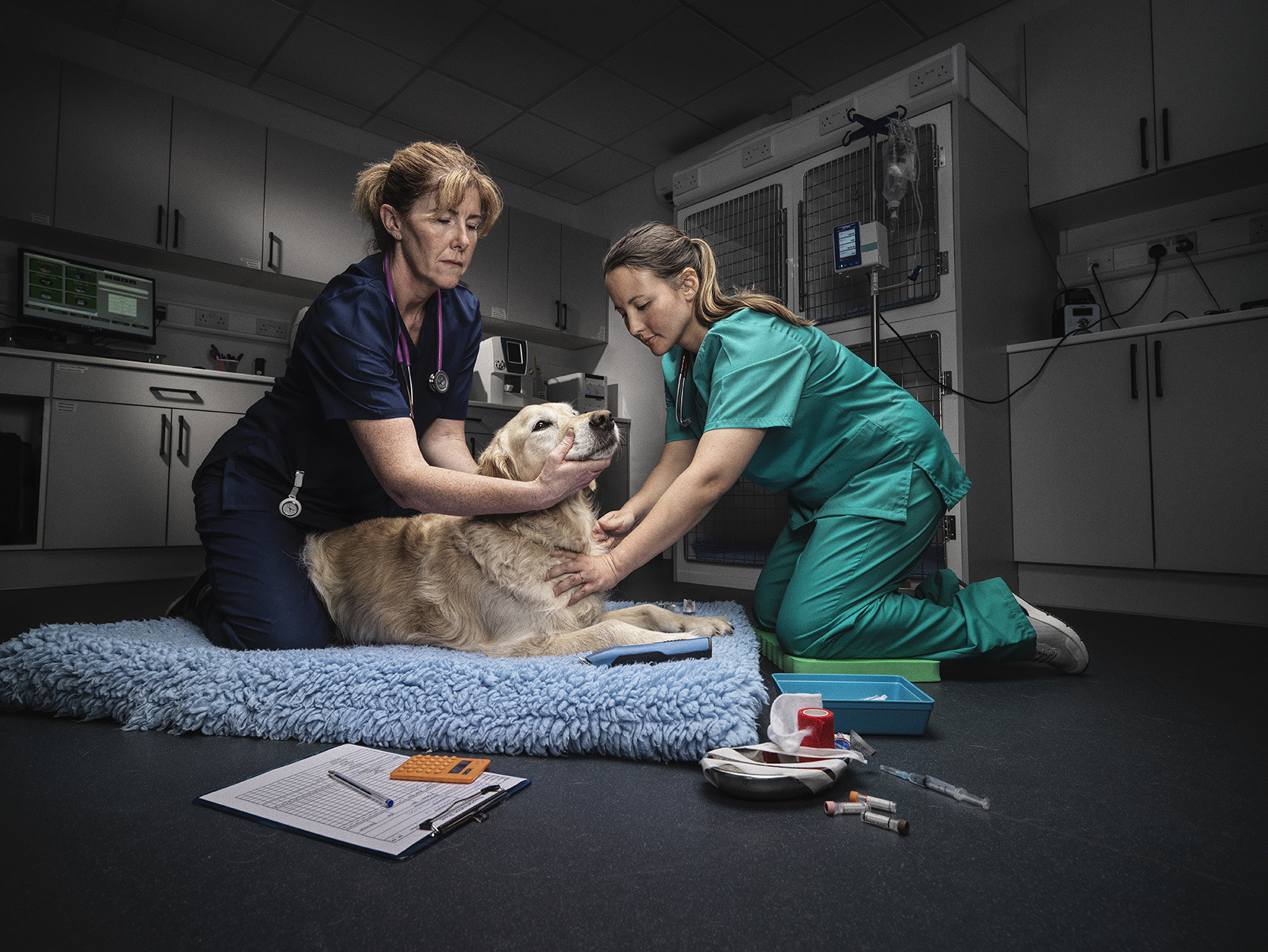Established in 1982, Queensland Veterinary Specialists (QVS) is a private, specialist veterinary hospital in Australia. QVS has two Brisbane hospitals located in Stafford and North Lakes, with building underway to open an additional hospital on the Sunshine Coast in early 2025.
The team utilises the latest technologies to ensure the highest standard of care for its patients. The wide range of imaging services includes digital radiography, ultrasonography, CT and MRI. VET.CT sat down with Paul Robins, Imaging and Safety Manager (also a radiographer), and Donna Hancock, General Manager, to discuss how they implement good radiation safety in the practice.
Legal Obligation
“In Australia, each state has its own radiation safety legislation. In Queensland, the rules are robust and it's a requirement to have a Radiation Safety and Protection Plan (RSPP) for any practice with equipment that can produce ionizing radiation. We've recently updated our plan, with the help of a physicist, so we could capture and reference the change from Computed Radiography to Digital Radiography, as well as any legislative changes. We are required to review the policy when there’s any operational change and submit it to the Radiation Health Department of the Queensland Government for approval.”
Radiation Safety and Protection Plan (RSPP):
“Whilst updating the policy, we took the opportunity to review the entire document. This included:
- reviewing processes with a focus on the practicality of radiographic technique.
- taking the advice of a physicist familiar with the legislation and to review factors such as shielding thicknesses.
- making it as succinct and readable as possible. ensuring it is robust and actionable - compliance is all or nothing; you can’t apply part of the policy and be compliant.
Radiation Safety Officer (RSO):
“We are required to have an RSO, which is compulsory for any company that has equipment that produces ionizing radiation.” The RSO must be qualified in Radiation Safety and certified through the Queensland Government. Ideally, the RSO should be onsite; at QVS, the role is filled by Paul Robins.
Licencing:
Explore more

Nov 20, 2024 12:00:00 AM
VET.CT showcases their veterinary excellence at London Vet Show
As anticipation builds for the London Vet Show (LVS), VetCT is poised to unveil a compelling new...
Read more
Nov 20, 2024 12:00:00 AM
Pennard Vets Radiation Safety Case Study
Pennard Vets is the world’s largest employee-owned vet group, going above and beyond to provide...
Read more

